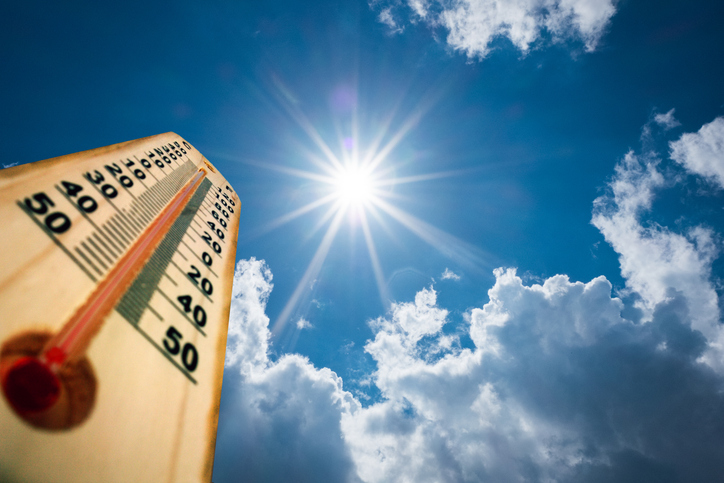With summer at its peak, August presents unique health challenges — from scorching heat and high humidity to increased sun exposure and travel-related fatigue. Across the U.S., emergency rooms report a spike in heat-related illnesses this month, making awareness and prevention more important than ever.
The Centers for Disease Control and Prevention (CDC) issued reminders this August on recognizing symptoms of heat exhaustion and heat stroke, particularly for vulnerable populations such as seniors, children, and outdoor workers. Common warning signs include dizziness, muscle cramps, excessive sweating, and confusion. Without prompt treatment, these conditions can escalate quickly.
Staying hydrated is the simplest yet most effective preventive measure. Health professionals recommend at least 8–10 glasses of water daily, with more if you're physically active or spending extended time outdoors. Electrolyte-rich drinks can help during periods of prolonged sweating, though sugary sodas and excessive caffeine should be limited.
Sun protection is equally vital. Dermatologists emphasize that SPF 30 or higher is a must — not just at the beach, but for daily exposure. Broad-spectrum sunscreens, wide-brimmed hats, UV-protection sunglasses, and seeking shade during peak sun hours (10 AM–4 PM) are all recommended steps.
For those with chronic conditions, such as asthma or cardiovascular disease, summer can present added strain. Air quality alerts — common in wildfire-prone areas and urban heat islands — have prompted healthcare providers to issue tailored guidance, urging patients to monitor pollution levels and adjust outdoor activity accordingly.
Nutrition plays a supporting role in August wellness. Seasonal fruits like watermelon, cucumbers, and berries offer hydration and antioxidants. Grilled vegetables, lean proteins, and chilled soups like gazpacho or cucumber yogurt soup are lighter options that won’t raise internal body temperature like heavy meals can.
Mental health, often overlooked during summer, can be affected by seasonal routines and travel stress. August is a transitional period — vacations end, school preparation begins, and many adults face pressure to “make the most of summer.” This can lead to anxiety and burnout. Mindful practices, adequate sleep, and maintaining a flexible schedule can help reduce mental strain.
This August also marks National Immunization Awareness Month, with public health officials encouraging families to ensure children are up to date on school-required vaccinations and COVID-19 boosters, especially with fall approaching. Local clinics and pharmacies are hosting discounted or free vaccine days to increase access.
Ultimately, health in August is about balance — staying cool while staying active, eating well without stress, and protecting your body and mind from summer extremes. By taking small, intentional steps each day, August can be a time of energy, renewal, and whole-body wellness.




